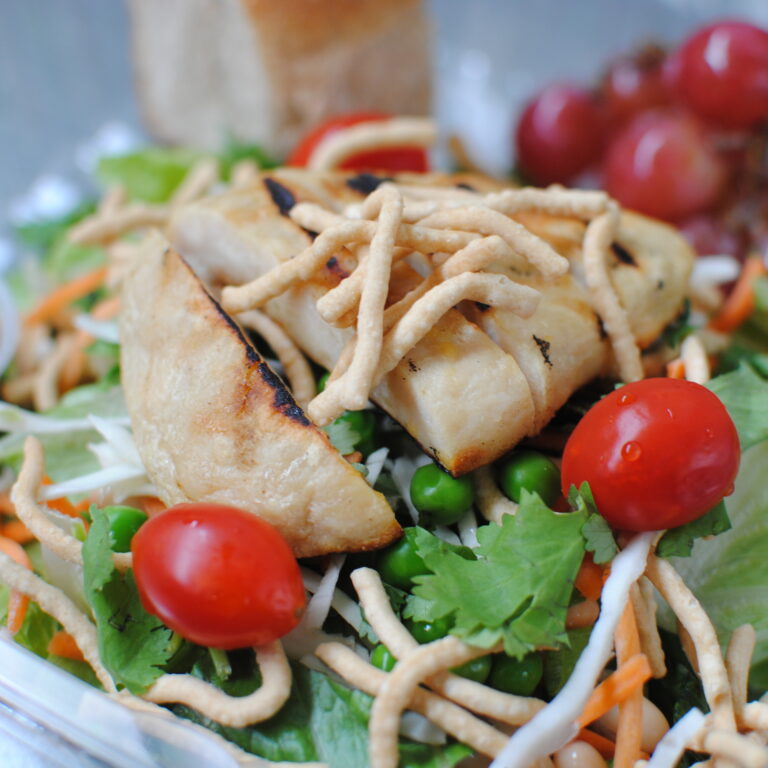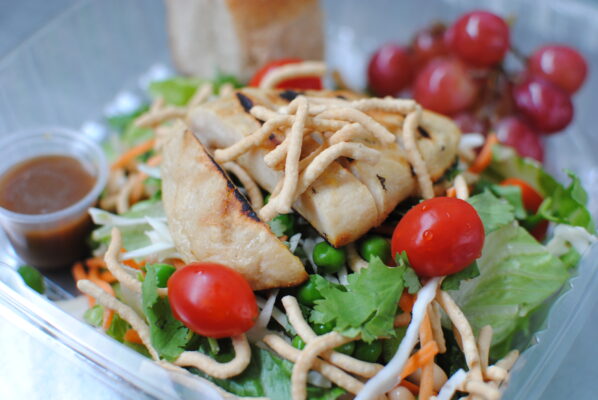During Minnesota’s growing season, we work with Bix Produce and other vendors to secure broccoli, strawberries, apples, potatoes, cucumbers, carrots and many other fruits and vegetables for our meals. We also look to local ranches and processors for proteins and grains. We love supporting local farms, and our local economy, as much as possible, when they can accommodate the volume of food we need.
When its not possible to purchase local ingredients, we work with our distributor, Upper Lakes Foods, to honor the Buy American Act. Buying American produce, proteins, grains and dairy products assures our foods meet inspection and safety protocols set forth by the federal government while supporting the American economy. All our proteins and the majority of our other foods originate in the U.S. Sometimes availability and pricing, however, require us to use produce grown outside the U.S. For example, the demand for pineapple, which is very popular with students, far exceeds the amount that can be grown in Hawaii. In this case, we need to secure pineapple from Latin American or South American countries at times. Bananas are another example of produce not readily available from domestic sources.
We will make substitutions in our menus based on what’s in season, what will be widely accepted by those we feed and what will conform to the menu week’s meal pattern requirements. Since our public-program menus are structured to meet the Healthy, Hunger-Free Kids Act calorie limits and multiple vegetable subgroups, substitutions can have an unforeseen ripple effect throughout a menu week that affects our schools as well as CKC. We prefer to avoid this situation when we can.
While all our proteins/meats and the majority of our other foods originate domestically, CKC will seek waivers for non-domestic produce, when necessary, or make appropriate substitutions and notify our schools of these changes.


